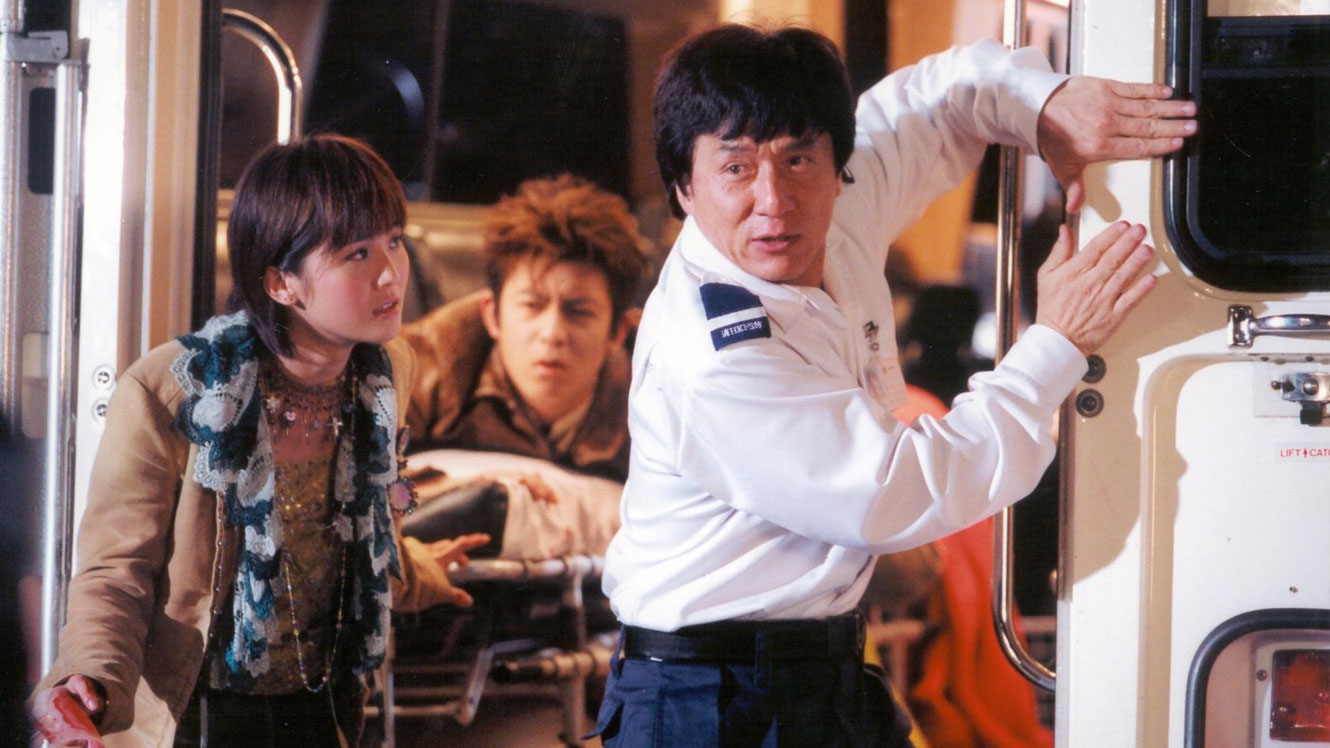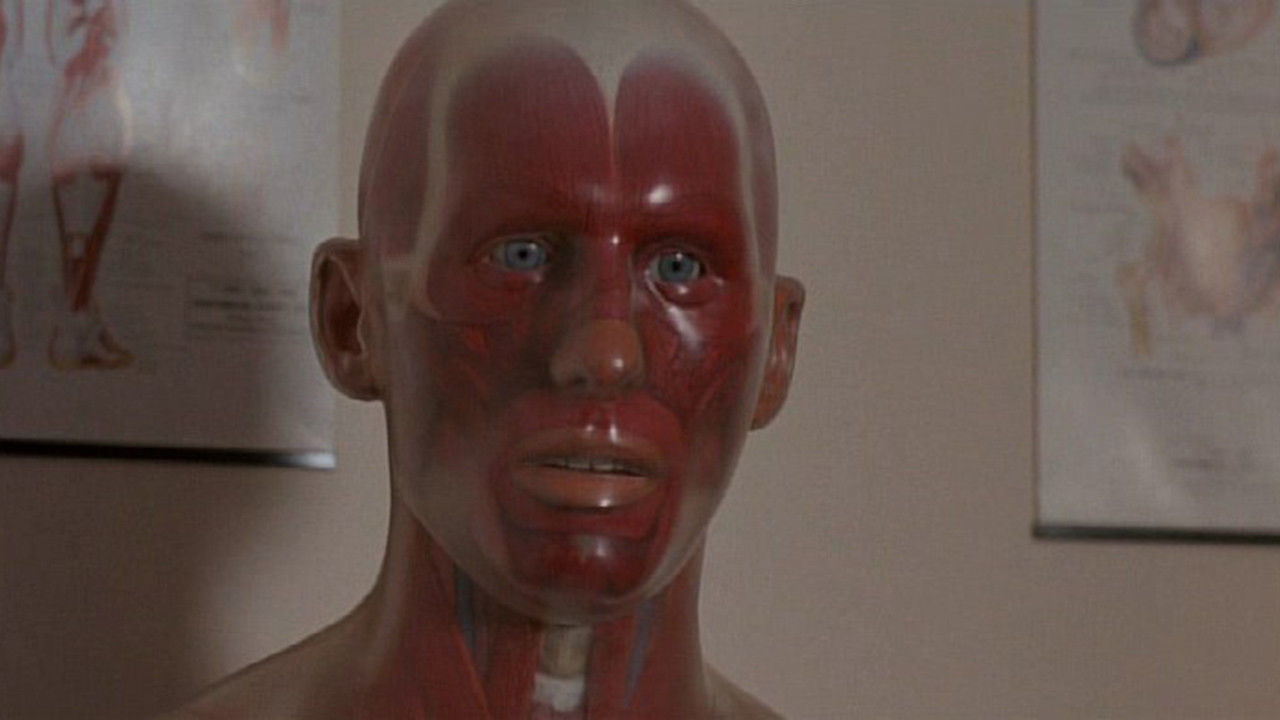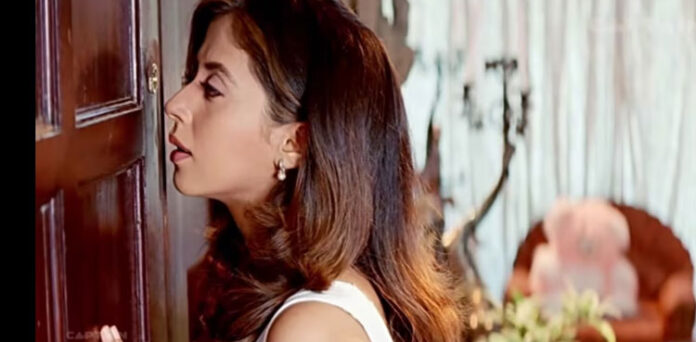C.H.U.D. (1984) - 6/10
A rash of disappearances in New York City seems to be tied to the sewer system.
This ensemble cast features John Heard and Kim Greist as photographer-and-model couple George and Lauren (respectively) living in New York City. George is working on a project that focuses on the city's homeless population and is aghast when a badly wounded homeless man seeks his help in acquiring a firearm. Meanwhile, police Captain Bosch (Christopher Curry) is dealing with a wave of missing persons cases, and is being asked to cover them up by his superiors. Unable to turn away any longer, Bosch seeks help from A.J. "The Reverend" Shepherd (Daniel Stern), a homeless shelter cook who has information that the NRC (Nuclear Regulatory Commission) has been operating in the sewers for weeks...
C.H.U.D. was directed by Douglas Cheek and written by Shepard Abbott and Parnell Hall. The film was shot in New York City, with some sources suggesting the film was inspired by news reports of alligators living in the NYC sewers. How does C.H.U.D. fare?
I can't believe it's taken me this long to watch this film. I remember almost buying it from Circuit City when I was in middle or high school, but for whatever reason it's alluded me until now. Having now seen it, as evidenced by my score, I think it's a pretty good movie. The creature design is a standout, as is the acting. The main cast is really good, with Daniel Stern stealing the show. This film takes place before he tries to steal John Heard's kid, obviously. There were also a lot of familiar faces in bit parts, like John Goodman, Sam McMurray, and Patricia Richardson.
C.H.U.D. has an "A" and "B" plot. The "A" focuses on George and Lauren, and more specifically George's photography project. But really, without spoiling it, this plot doesn't go anywhere. George and Lauren are kinda pushed to the side until act three, as the film instead focuses on Bosch's battle with police bureaucracy and his off-the-books investigation with Shepherd. This is the plot line where we learn what's going on in the sewers and the plan to stop it all.
And the movie is interesting, don't get me wrong. But my major critique would be that there's not a ton of horror in this film. There's some horror eventually, but C.H.U.D. feels like all set up and little payoff. It never feels like "oh my god, what are we going to do?"; it's more like "we know what we're going to do, but we can't let the citizens of NYC know." This is a film where the humans are the bad guys, which is disappointing considering the cool look of the creatures. I also thought one character was way too calm about a significant member of his family going missing, but that's a nitpick.
Overall, C.H.U.D. is a good science fiction horror movie. It didn't do much in theaters and bombed critically, but has since gone on to be a cult hit, inspiring films like Us (2019) and being referenced in shows like Archer, Castle, and The Simpsons. C.H.U.D. earned $4.6M against its $1.25M budget.
Kill, Baby... Kill (1966) - 6/10
In the early 1900's, a doctor is summoned to a small village to conduct an autopsy, but the superstitious residents want him to leave.
Giacomo Rossi Stuart stars as Dr. Paul Eswai, who is requested by police to conduct an autopsy in the village of Karmingam. The residents of the town are cold and dismissive to Eswai, but he's assisted in the autopsy by Monica (Erika Blanc), a med student who's only recently returned to the area and also notices the bizarre behavior of the village. After an unexplainable discovery during the autopsy, Eswai learns that the residents believe they're being haunted by the ghost of a local dead girl...
Kill, Baby... Kill was directed by Mario Bava, and written by Bava, Romano Migliorini, Roberto Natale. The film was improvised from a script of only 30 pages, and was the first Bava film to star Italian actors. As it was distributed by a small company, Bava had more creative control compared to his previous works. How does Kill, Baby... Kill fare?
This review may be libelous, as I'm decidedly lower than the community on KBK. I think this is the first Bava film I've seen that I've given lower than a "7", but this film didn't do it for me as far as being one of his best works. It's a fine movie, with a classic 1960's look and good atmosphere. Early on, KBK is able to convey a sense of foreboding about what's going on beneath the surface at this village.
But it never does anything much with it. There are a couple of cool scenes here or there, my favorite of which being the "repeating room" scene. But for the most part, I didn't think there was a lot of meat on the bone. Dr. Eswai is your classic fish-out-of-water, but he has no influence on the events at hand. It reminds me of Children of the Corn (1984) in the sense that the main events would go down almost exactly the same way if you removed the main character from the movie.
Another movie I was reminded of was The City of the Dead (1960). The plots are a lot different, but the premise of an outsider ending up in a town where something is amiss were similar. I haven't seen The City of the Dead in a while, so if my memory is off then forgive me, but I found that film to be better because of how it handles the underbelly of the town. In that movie, like the main character, you're left in the dark almost the entire movie. By comparison, in KBK, you almost always know more than Dr. Eswai, which doesn't do the tension any favors.
Overall, Kill, Baby... Kill is style over substance. It has that moody, atmospheric look you might've seen in films like Black Sabbath (1963) or House of Usher (1960). But unlike those films, I didn't think there was enough horror or story to elevate the film higher than my rating. I'm roughly a full star worse than IMDb and Letterboxd, and Martin Scorcese once called this Bava's best film, so take this review with a grain of salt. Kill, Baby... Kill earned $113K against its $50K budget.
Black Sunday (1960) - 6/10
Two centuries after being executed, a witch seeks revenge on the descendants of her executioners.
Barbara Steele stars as Asa, a vampiric witch who's executed in the 1600s by her own brother. Before her death, she uses sorcery to curse her family's bloodline. Two hundred years later, two doctors - Dr. Andrej Gorobec (John Richardson) and Dr. Choma Kruvajan (Andrea Checci) - stumble across and open up her tomb, freeing her spirit. Asa's spirit begins tormenting her descendants, with her sights set on possessing look-alike Katia (also Barbara Steele)...
Black Sunday was written and directed by Mario Bava, and was based on the story Viy by Nikolai Gogol. This was the first film written or directed by Bava, who had previously spent decades working as a cinematographer. The film was inspired by the success of Horror of Dracula (1958), and was released as "The Mask of the Devil" in Italy to capitalize on the commercial success of 1953's House of Wax ("The Wax Mask") and 1957's The Curse of Frankenstein ("The Mask of Frankenstein"). How does Black Sunday fare?
...Ok, so two "6's" for Bava this morning. I liked it better than Kill, Baby... Kill, but I'm going to continue tarnishing my reputation in this post. It was interesting to learn of The Horror of Dracula roots because that's exactly what Black Sunday reminded me of while watching it. Like vampirism, Asa's curse can be passed around from person to person, so Black Sunday deals with different characters becoming infected and the doctors trying to cure them. The big difference is the doctors have no clue what's going on, unlike Van Helsing.
I thought the opening scene, set in the 1600's, was great - a 10/10 - and I thought there were a number of moody scenes along the way. One scene in particular that has that great gothic look is a suspenseful carriage ride in the middle of the film. The movie looks great overall, which is its greatest strength. As for the plot, it started off okay, but I felt things progressively lost steam as the movie wore on. Without going into specifics, the story starts getting stale and losing momentum, and the end of the film is anticlimactic - especially when contrasted with the opening scene.
Overall, Black Sunday is also style over substance. It's a good movie, but not as good as the promise of its opening scene. In my eyes, this is "Diet" Horror of Dracula. But my eyes may be deceiving me, as both IMDb and Letterboxd are a healthy 1-1.5 stars higher than me. Black Sunday is considered to be an extremely influential film, largely due to its opening scene, so once again take this review with a grain of salt. Black Sunday's budget is believed to be between $60K-$100K, and it reportedly earned $78K.


















